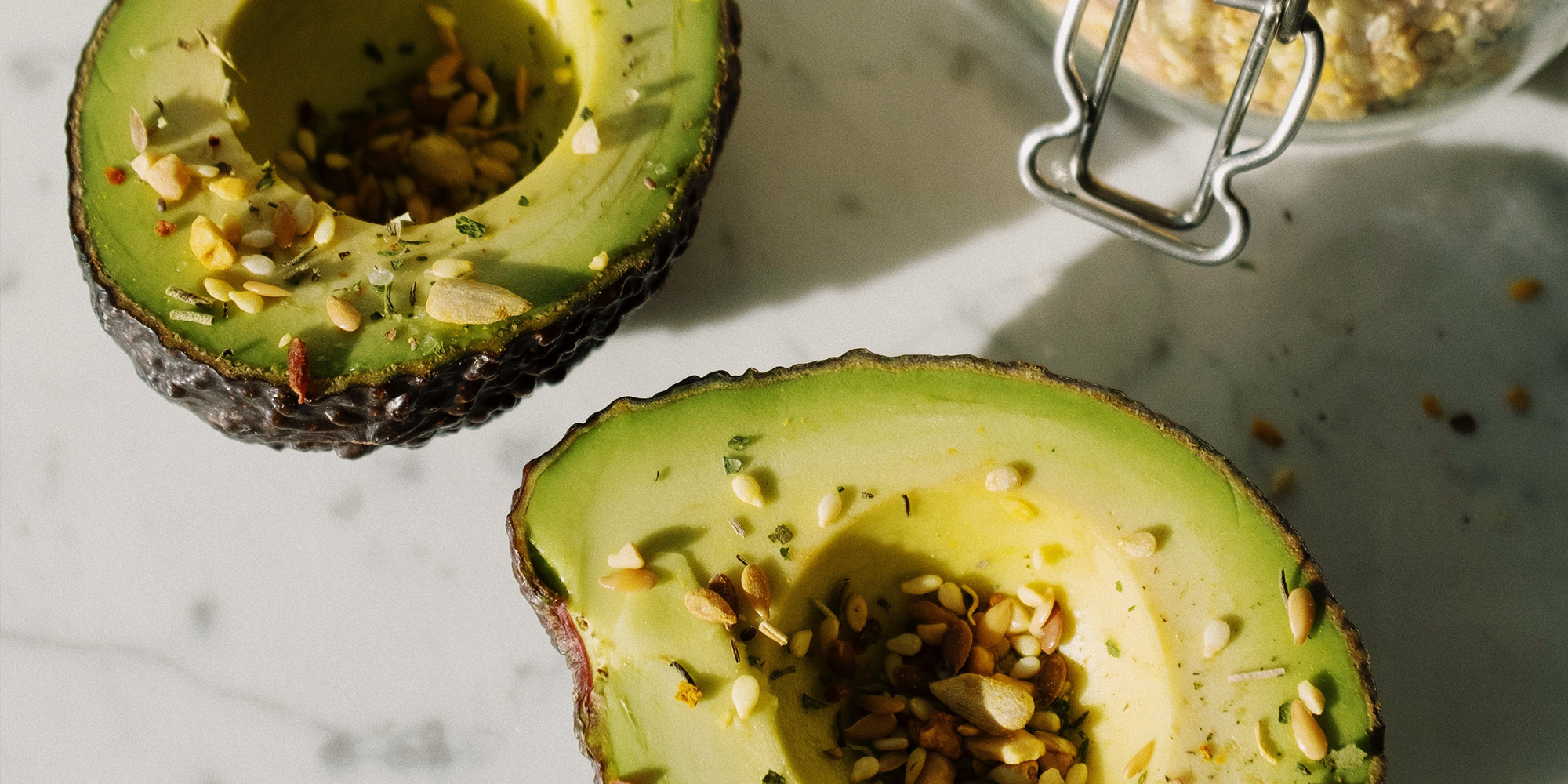Improving your heart health can seem overwhelming when you don’t know where to start. However, simple lifestyle changes can have a significant impact on your overall health – in fact almost 80% of premature heart disease and stroke can actually be prevented through things like eating well, being active and not smoking.
Why not start today? This fun quiz is full of helpful lifestyle, exercise and diet tips that will help you take control of your heart health.
1) What is one of the biggest risk factors for a heart attack in North America: smoking, drinking or stress?
Answer: Stress
Stress is extremely common and can lead to health problems like high blood pressure, high cholesterol, unhealthy eating and social withdrawal. Click here to learn about the different causes of stress and how to manage them.

2) When reading food labels, should you choose options with a daily sodium value around 5%, 10% or 15%?
Answer: 5%
The Daily Values (%DV) are based off the recommended amount of nutrients to consume or not to exceed in one day. When looking at the DV% of sodium in products, 5% is considered low, and 20% or more is high.
3) True or false: You should give up watching TV in order to improve your heart health.
Answer: False
But, be creative and use commercial time for light aerobic exercise. In that case, two hours of TV could also include 30 minutes of exercise!
4) True or false: To lose weight, you should skip meals and avoid snacks.
Answer: False
Eating three regular meals and the addition of healthy balanced snacks can help with weight loss. Depriving yourself from the food your body needs does not lead to healthy weight loss.

5) What percentage of Canadian adults meet the recommended 150 minutes of physical activity each week: 5%, 20% or 35%?
Answer: 5%
You can stay active by doing small things such as choosing to stand every so often instead of sitting, park farther away from stores and take the stairs. If you’re not sure about how much exercise is right for you, speak with your doctor.
6) True or false: Frozen vegetables are bad for you.
Answer: False
Frozen vegetables make it easy to add two or more servings of veggies to your meal even if you don’t have time to hit the store – or chop – before dinner.
7) The best way to reduce dietary sodium intake is to ___? Buy local, cook from scratch or reduce sweets?
Answer: Cook from scratch
To enhance flavour, use herbs and spices instead of salt. You can also choose foods that are low in sodium by looking for products with labels like “low in sodium” and “no salt added.”

8) Your body needs lots of time to cool down before going to sleep. When should you stop aerobic exercises? Two, four or six hours before bed?
Answer: Four hours
This will give your heart rate sufficient time to settle.
9) There are three main types of workouts: cardio, strength and flexibility. Which one is the most important in reducing the risk of heart disease?
Answer: Trick question!
All three types of exercise contribute to heart disease prevention. Exercise should not be a chore! Make activity a fun part of your day by exercising with a friend or family member (safely or with someone in your bubble), explore the outdoors with a walk or hike, or try out a new exercise class. Stick with it by exercising at the same time every day to develop a routine. For exercise tips and resources, click here.
Thanks to the team within the Cardiovascular Prevention and Rehabilitation Program at the Peter Munk Cardiac Centre and Toronto Rehab Institute for putting this quiz together!


